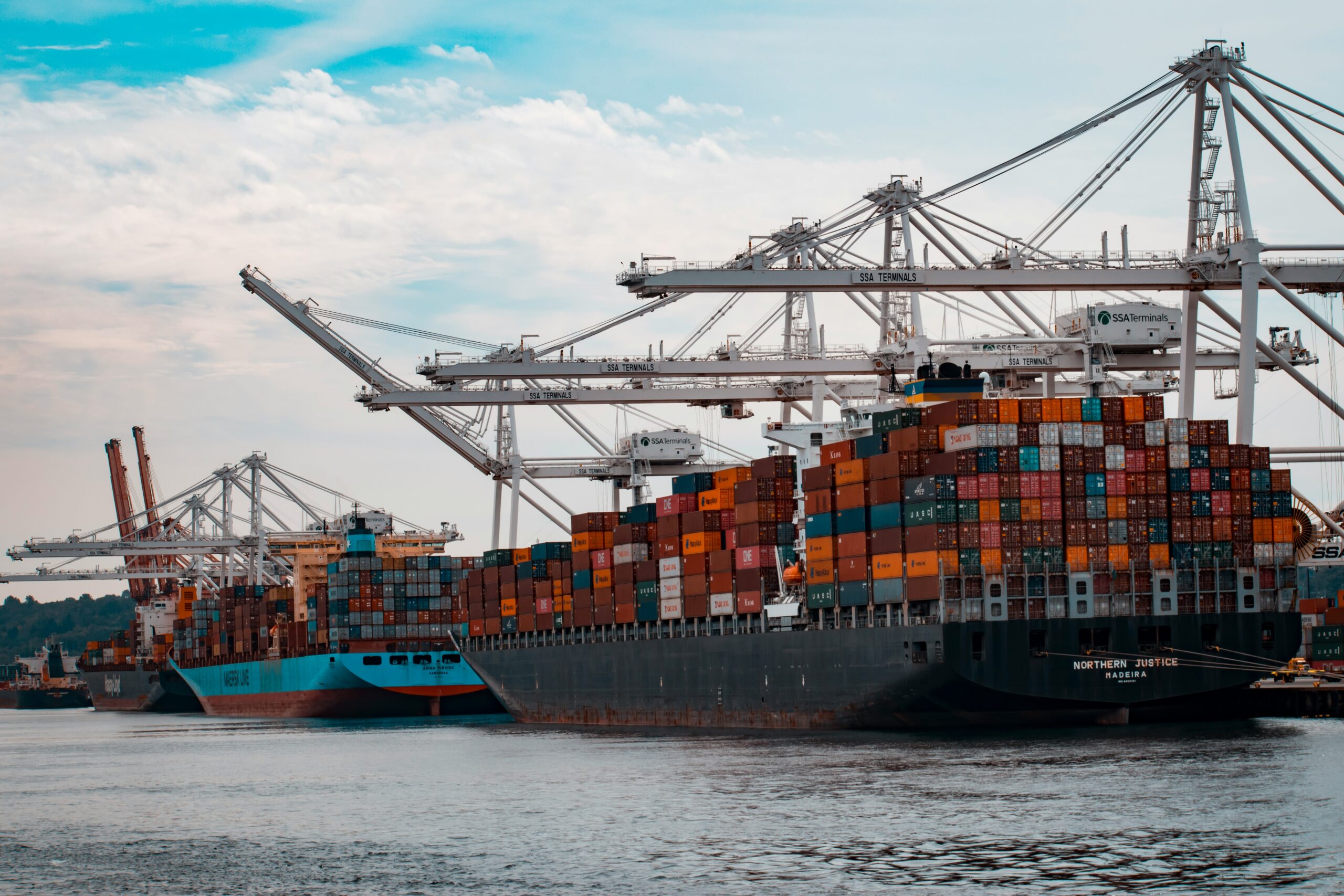President-elect Donald Trump’s proposed universal tariffs represent a dramatic shift in trade policy. He has suggested a 60% tariff on Chinese imports and up to 25% on other goods.
This proposal stands in stark contrast to the previous 20% tariffs imposed on Chinese imports during Trump’s first administration. The evolving nature of these tariffs introduces significant uncertainty for global markets, including the UK.
The UK faces several challenges related to these proposals. Although the US is the UK’s largest trading partner, it only accounts for 10% of UK goods imports. Energy and other imports make up less than 40% of the UK’s Consumer Price Index (CPI) basket.
Therefore, the direct impact on the UK’s price levels may be less than anticipated. Evidence from the first round of US tariffs in 2018-2019 suggests that any price increases may not result in sustained inflation. The IMF found that tariff shocks tend to cause a temporary rise in prices but do not lead to long-term inflation.
However, specific sectors in the UK remain vulnerable. Industries such as automotive manufacturing, which depend on Chinese suppliers for EV batteries, could experience significant disruptions. Similarly, the electronics and pharmaceutical sectors, reliant on specialized supply chains, may struggle with rising input costs.
The unpredictability of US trade policies in 2018-2019 created uncertainty for businesses. Shifting tariff exemptions and sudden reversals caused widespread confusion, impacting investment and supply chains. This uncertainty led to a 1.5% reduction in US investment in 2018. For the UK, this volatility could slow economic growth, especially in high-value sectors with rigid supply chains.
Heightened tariffs could also lead to stricter barriers on foreign content in imported goods. This would likely trigger a realignment of global supply chains, affecting economic growth worldwide. If fragmentation occurs systematically, it could constrain long-term growth with limited inflationary pressure. However, if it happens chaotically, it could trigger short-term inflation and further constrain growth.
The potential for global economic fragmentation due to tariff escalation is a serious concern. Past trade conflicts, such as the 1930 Smoot-Hawley Tariff Act, show how abrupt policy shifts can destabilize economies. Modern global supply chains, more complex and interconnected, could amplify these risks.
For the UK, the indirect effects of such fragmentation could be just as significant as any direct impact from US tariffs.

